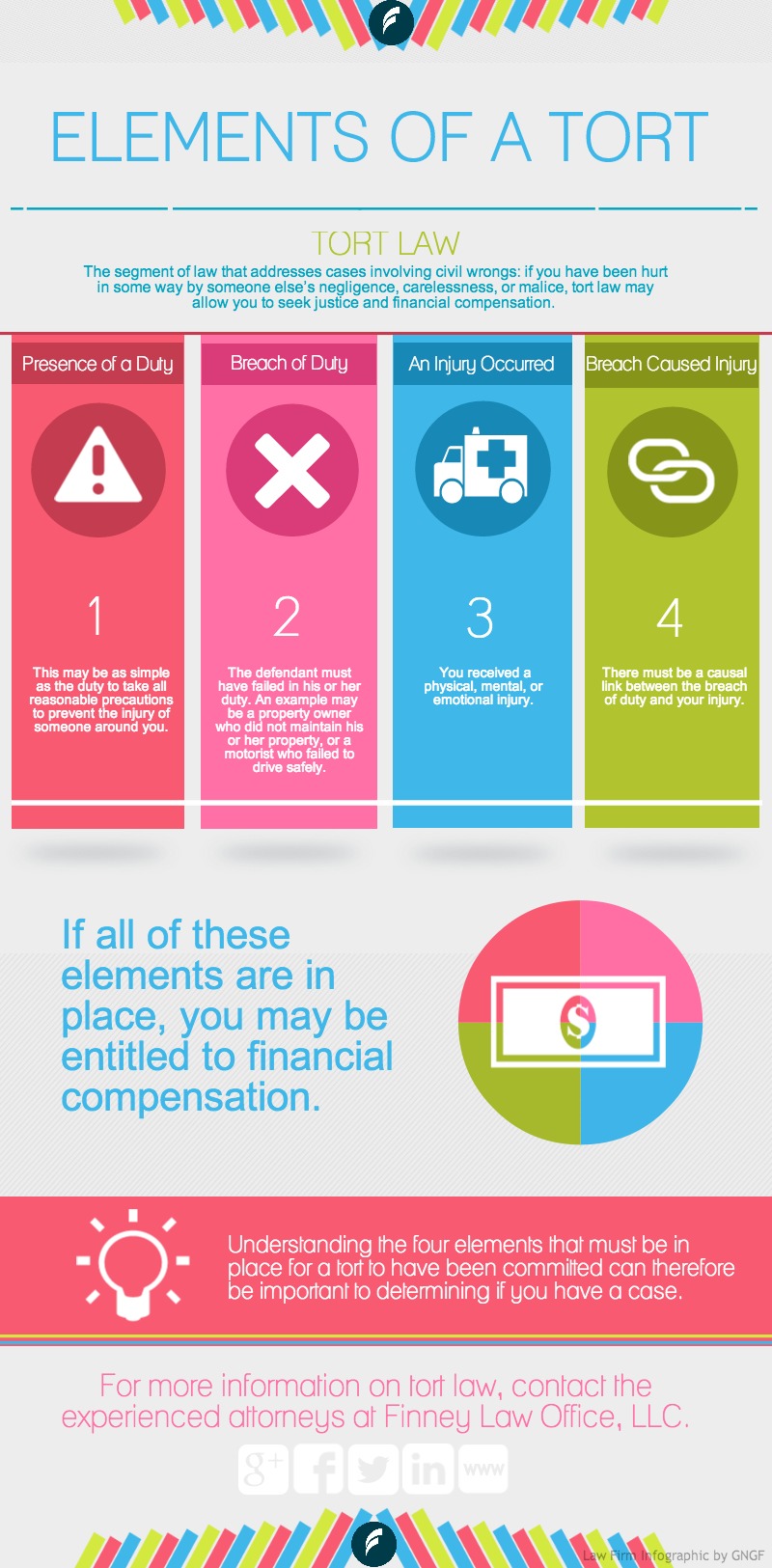The Real Estate Legal Representative'S Handbook On Landlord-Tenant Regulation
The Real Estate Legal Representative'S Handbook On Landlord-Tenant Regulation
Blog Article
Content Produce By-Calderon Kirkland
When it involves landlord-tenant regulation, knowing your civil liberties and responsibilities is important for both events. You might think you have a solid understanding on the fundamentals, yet there are commonly nuances that can capture you off guard. Whether you're a landlord managing a property or an occupant trying to find a steady home, understanding the lawful landscape can make all the distinction. What might shock you are the complexities involved in navigating disputes and expulsion processes.
Understanding Lessee Civil Liberties and Responsibilities
When you rent out a residential or commercial property, it's critical to comprehend your rights and duties as a tenant. You deserve to a secure and habitable living environment, meaning your landlord has to keep essential services like heating, pipes, and electrical energy.
You're additionally qualified to privacy; property owners generally need to give notification before entering your unit.
On the other hand, you are in charge of paying rent in a timely manner, maintaining the residential property clean, and not triggering damages beyond typical damage.
Familiarize on your own with your lease arrangement, as it describes certain rules and responsibilities. Understanding these facets not only protects you but also fosters a favorable partnership with your proprietor.
Stay educated, and you'll navigate your occupancy better.
Key Property Manager Responsibilities and Legal Factors To Consider
While you may know your rights as a tenant, it's just as vital to understand your property manager's commitments.
Landlords should offer a safe and habitable living setting, making sure that essential systems like home heating, pipes, and electricity remain in working order. They're likewise in charge of making necessary repair work promptly and sticking to neighborhood building codes.
Additionally, proprietors need to value your privacy by providing proper notification prior to entering your device, typically 24 hr. https://www.freeths.co.uk/legal-services/real-estate/planning-and-environmental-law/planning-law/ should take care of down payment according to state legislations, consisting of returning them promptly after you move out, minus any type of authorized deductions.
Understanding these responsibilities can help you maintain a favorable connection with your landlord and guarantee your living circumstance satisfies lawful criteria.
Browsing Conflicts and Expulsion Processes
Conflicts between landlords and lessees can occur suddenly, making it crucial for you to comprehend the processes associated with resolving them.
First, communication is crucial-- attempt to discuss problems directly to locate a concession. If that falls short, familiarize yourself with your regional legislations concerning disputes and expulsion. Document whatever: maintain documents of communications, payments, and any kind of infractions.
If expulsion ends up being needed, ensure you adhere to the lawful actions required in your location, which usually consists of giving written notice and a certain timeframe for resolution.
Be prepared to head to court if visit this backlink escalates, maybe your only recourse. Understanding these procedures will certainly help you navigate disagreements better and secure your civil liberties as either a property manager or lessee.
Final thought
In recap, comprehending landlord-tenant regulation is essential for both celebrations associated with a rental arrangement. By recognizing your civil liberties and responsibilities, you can foster a far better living atmosphere and avoid disputes. If disputes occur, remember that a real estate attorney can assist guide you via the complexities of eviction processes and legal responsibilities. Remaining notified and aggressive will ensure a smoother rental experience, whether you're a property manager or a lessee.
